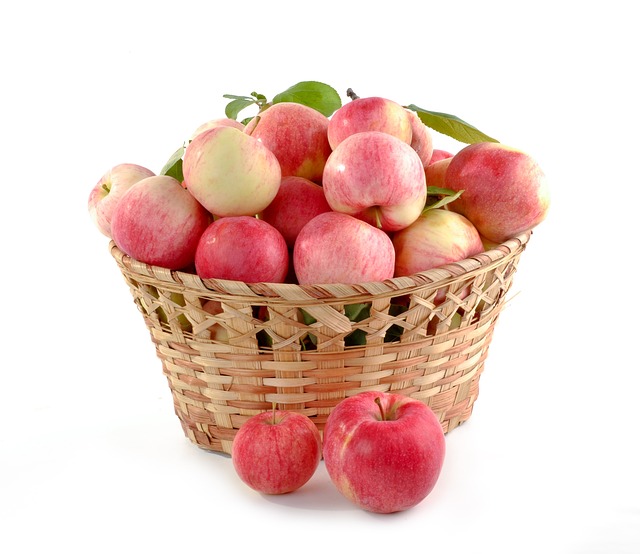Beyond Yogurt: Surprising Sources of Probiotics for Enhanced Wellbeing
Probiotics have gained significant popularity as the “good bacteria” that promote a healthy gut and overall
wellbeing. While yogurt has long been touted as a rich source of probiotics, there are numerous other
lesser-known sources that can enhance your gut health and provide additional benefits. In this article, we
will explore some surprising sources of probiotics beyond yogurt.
1. Kimchi
Kimchi, a traditional Korean dish made from fermented vegetables, is not only delicious but also a powerhouse
of probiotics. Typically, kimchi is made with cabbage, radishes, and scallions, which are seasoned with
garlic, ginger, salt, and chili powder. The fermentation process promotes the growth of beneficial bacteria
such as Lactobacillus and Bifidobacterium. Regular consumption of kimchi can help improve digestion and
strengthen the immune system.
2. Kombucha
Kombucha is a fermented tea that has been consumed for centuries due to its potential health benefits. It is
created by fermenting sweetened black or green tea with a symbiotic culture of bacteria and yeast (SCOBY).
The fermentation process produces probiotics, organic acids, and vitamins. Kombucha is not only refreshing
but also aids in digestion and detoxification. It is available in various flavors and can be a great
alternative to sugary beverages.
3. Sauerkraut
Sauerkraut, a traditional German dish made from fermented cabbage, is an excellent source of probiotics.
During the fermentation process, beneficial bacteria like Leuconostoc, Lactobacillus, and Pediococcus
convert the natural sugars in cabbage into lactic acid, promoting the growth of probiotics. Including
sauerkraut in your diet can support gut health, improve digestion, and increase nutrient absorption.
4. Miso
Miso, a staple in Japanese cuisine, is a fermented soybean paste that packs a punch of probiotics. It is
made by fermenting soybeans with salt and a fungus called koji. The fermentation process breaks down the
soybeans, making them easier to digest and enhancing the absorption of nutrients. Miso is commonly used in
soups, dressings, and marinades, adding a savory flavor and a healthy dose of probiotics to your meals.
5. Tempeh
Tempeh is a traditional Indonesian food made from fermented soybeans. The fermentation process binds the
soybeans into a compact cake-like form. Tempeh is not only high in probiotics but also a great source of
plant-based protein. It is versatile and can be used in various dishes as a meat substitute, such as
stir-fries, sandwiches, and salads. Incorporating tempeh into your diet can improve gut health and provide
essential nutrients.
Conclusion
While yogurt is a well-known source of probiotics, there are numerous other options available that can
enhance your gut health and overall wellbeing. Kimchi, kombucha, sauerkraut, miso, and tempeh are some of
the surprising sources of probiotics that you can incorporate into your diet. Experimenting with these
diverse probiotic-rich foods not only helps support digestion but also contributes to a healthy immune
system and improved nutrient absorption. So, why limit yourself to just yogurt when there are so many
delicious and nutritious alternatives to explore?







